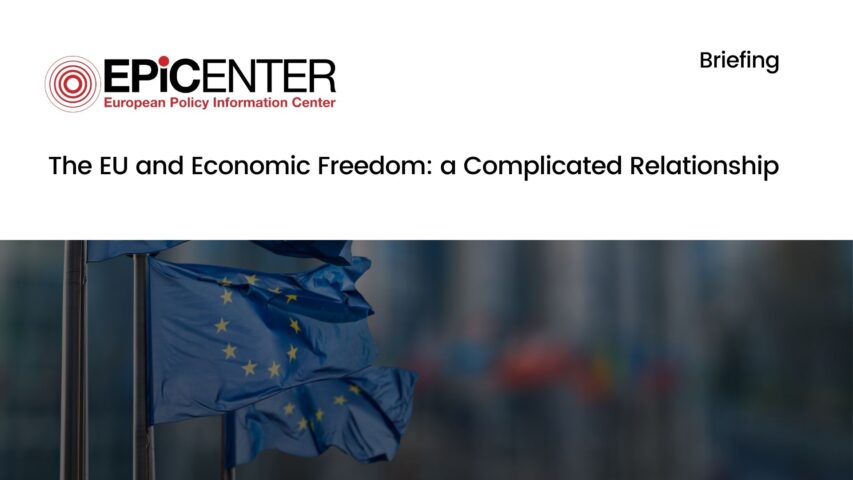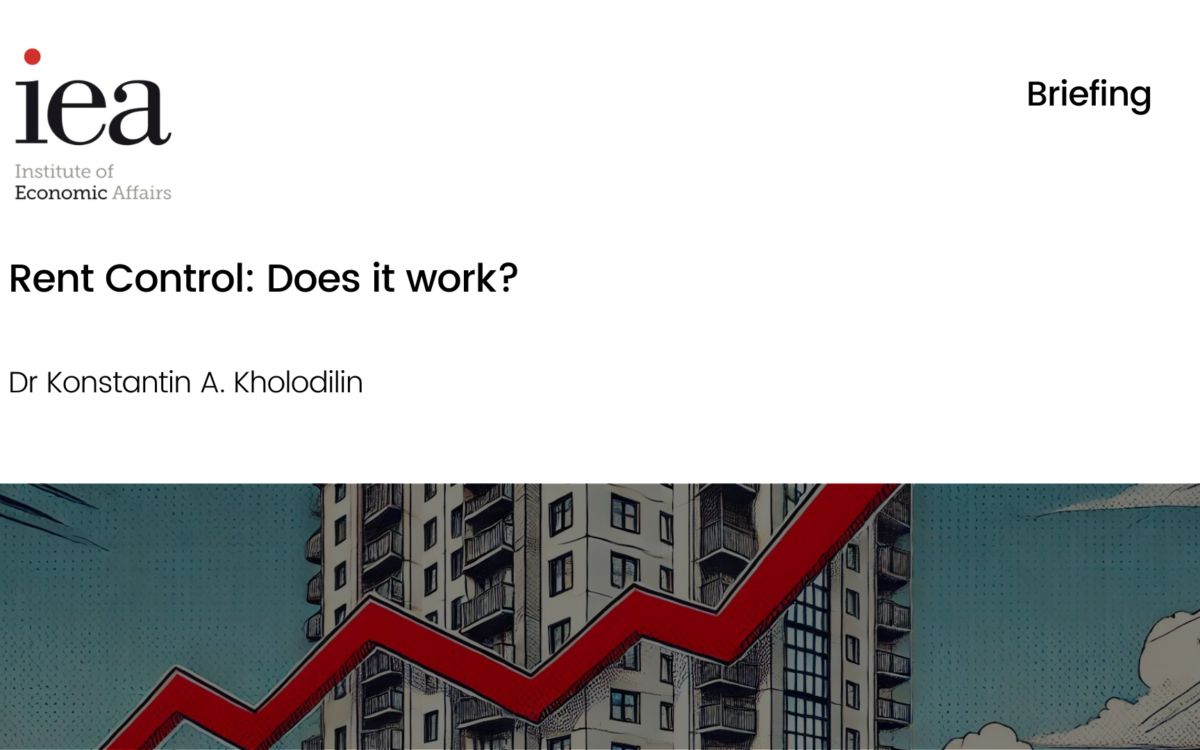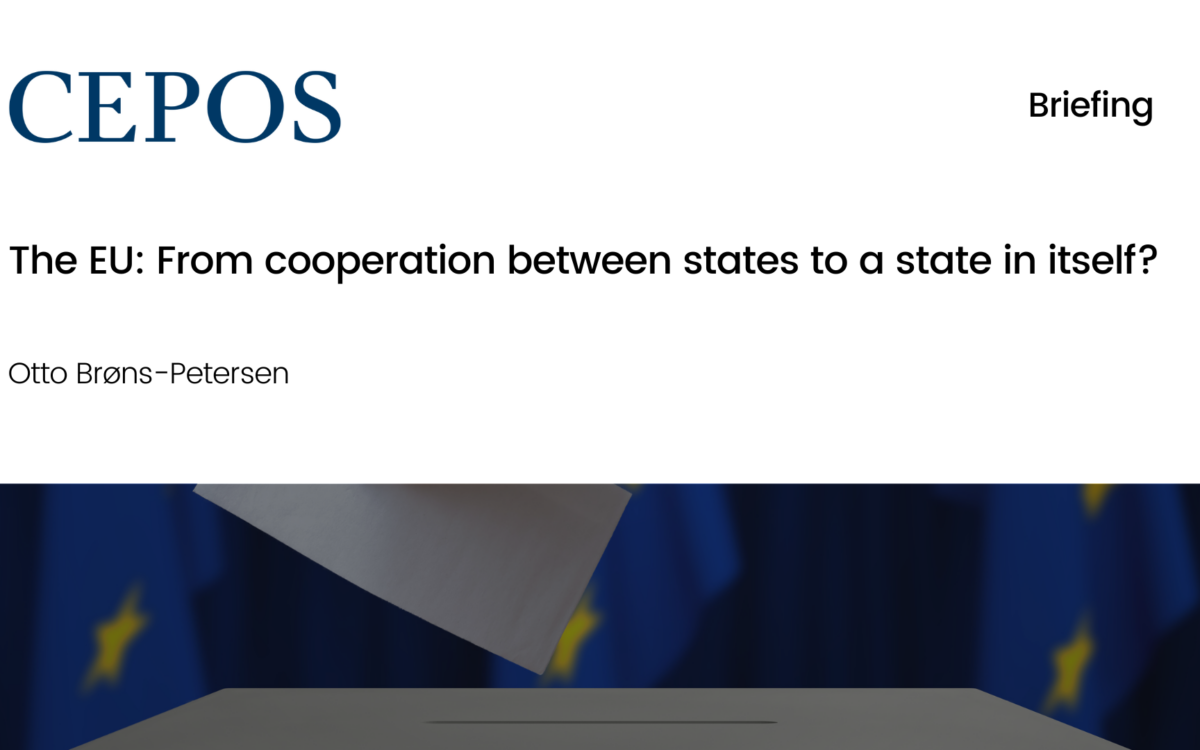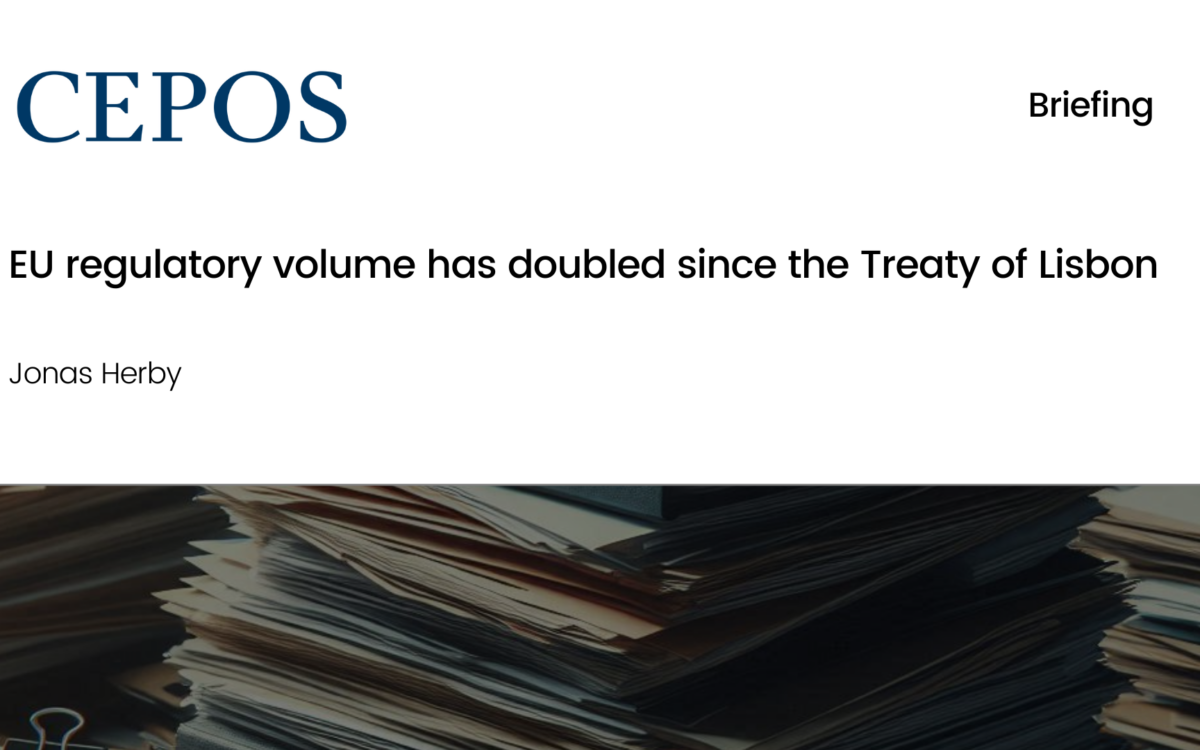The EU and Economic Freedom: a Complicated Relationship

The EU and Economic Freedom: a Complicated Relationship
August 2016
The European Union is all things to all people. To proponents on the right, it is a force for international cooperation, trade promotion and economic growth. To those on the left, it serves to enhance labour and environmental standards, to hold corporations to account, and to tackle problems which reach beyond national boundaries. Meanwhile, right-wing Eurosceptics see the EU as mostly a bureaucratic machine, promoting not freer markets, but corporatism and regimentation; whereas to left-wing sceptics it is a neoliberal conspiracy to undermine democracy and enforce the will of the rich and powerful.
For those who believe that free and open markets are an essential ingredient for the flourishing of individuals and societies, a central question when it comes to the EU is whether it actually serves to promote economic freedom in its Member States.
Download or share this publication
View the PDF
EPICENTER publications and contributions from our member think tanks are designed to promote the discussion of economic issues and the role of markets in solving economic and social problems. As with all EPICENTER publications, the views expressed here are those of the author and not EPICENTER or its member think tanks (which have no corporate view).



